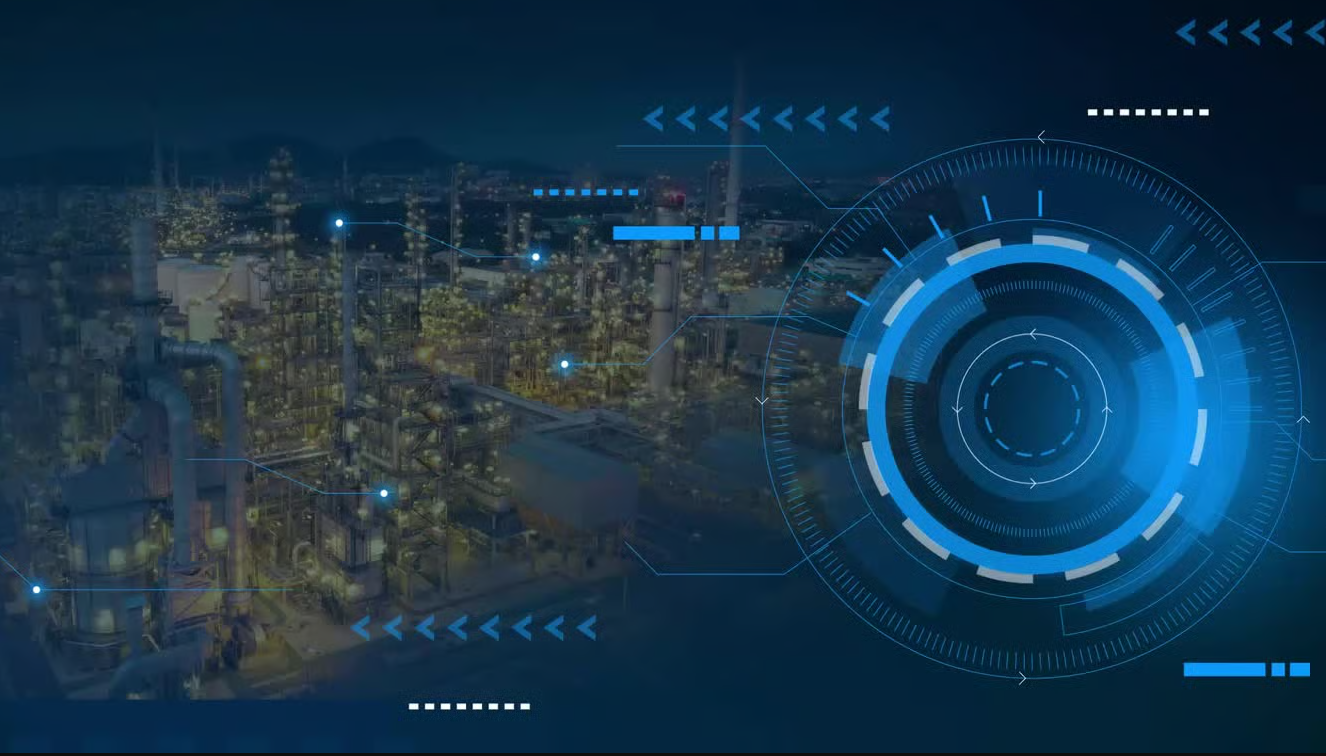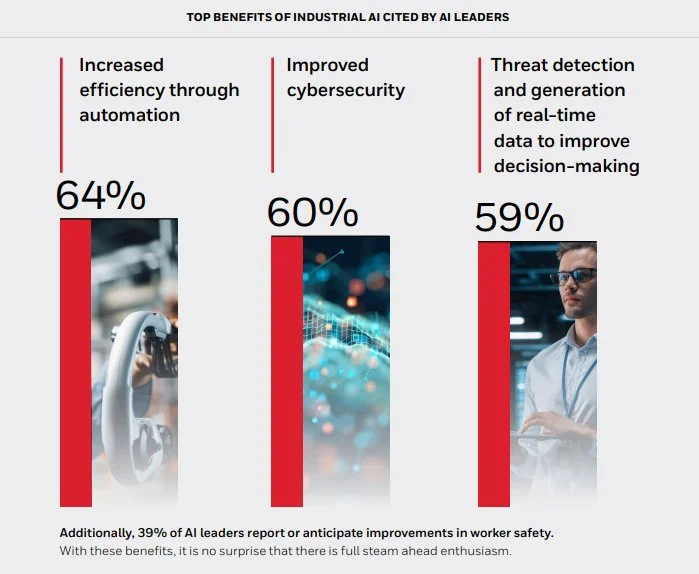Industrial AI: A Pivotal Moment
/Honeywell released its “Industrial AI Insights” report recently with commentary on trends and results from a survey of AI leaders. AI in the industrial space is often framed as a revolution. However, the reality is more nuanced. We've witnessed an evolution of automation and AI techniques for decades.
A Turning Point: The Potential of AI
While we may not be amid a revolution, the report argues, we are at a pivotal moment. Technological advancements have brought us to a point where the potential of AI is limited only by our imagination. This presents a similar situation to the creation of the internet, which emerged from a project to connect disparate computers. Just as the internet transformed society, AI has the potential to radically change industrial operations.
The Opportunity is Here: Embracing AI
The next decade will likely see a surge in AI-driven systems and processes. Businesses that make wise decisions and scale up intelligently will be the ones to reap the rewards. However, there's also a degree of uncertainty. While many industrial leaders are enthusiastic about AI, some express concerns about a lack of understanding from C-suites.
Key Findings from Honeywell's Research
From Honeywell
82% of surveyed industrial AI leaders consider their companies to be pioneers or early adopters of AI
37% expressed concern that their C-Suites do not fully understand AI
However, 94% believe their corporate leadership is all in on AI
91% discovered unplanned use cases during initial AI implementation
63% of respondents are concerned about a lack of AI compatibility with existing equipment
Nearly half (48%) report challenges in justifying or acquiring resources for AI implementation
AI leaders are seeing a range of benefits from AI implementation:
The Path to Autonomy: A Multi-Faceted Approach
For most companies, the journey to full autonomy with AI is just beginning. Honeywell proposes a framework focusing on three key areas:
Data: Harnessing the power of data is crucial for AI success. Honeywell UOP's work in oil refining exemplifies this, where data from 400 processing units is analyzed to optimize operations.
Design: Integrating AI into the design of physical plants and technological infrastructure is essential. This could involve designing factories with autonomous components or AI-enabled skyscrapers.
People: AI is not about replacing humans, but augmenting their capabilities. Training and upskilling workforces are vital for success. AI can address labor shortages by increasing worker efficiency and flexibility—outcomes 64% and 49%, respectively, of respondents are hoping for. Additionally, AI can create safer working environments and allow for more time for skill development.
A Profound Impact on Every Business
From IOT World Today
The use of AI platforms for data processing is rapidly advancing. While challenges like infrastructure costs exist, leading organizations are already collaborating and planning for an autonomous future. The potential for innovation is immense, with nearly all surveyed AI leaders discovering new use cases during implementation.
The Road Ahead: Taking the Next Step
While AI isn't a one-size-fits-all solution, every company needs to determine its next steps on the path to autonomy. This could involve piloting AI for personalized marketing in an ice cream shop or using AI for real-time emissions data analysis in an oil refinery. By prioritizing data, design, and people, businesses can navigate the next phase of industrial AI and unlock its full potential.
h/t to IOT World Today who also summarized the report






